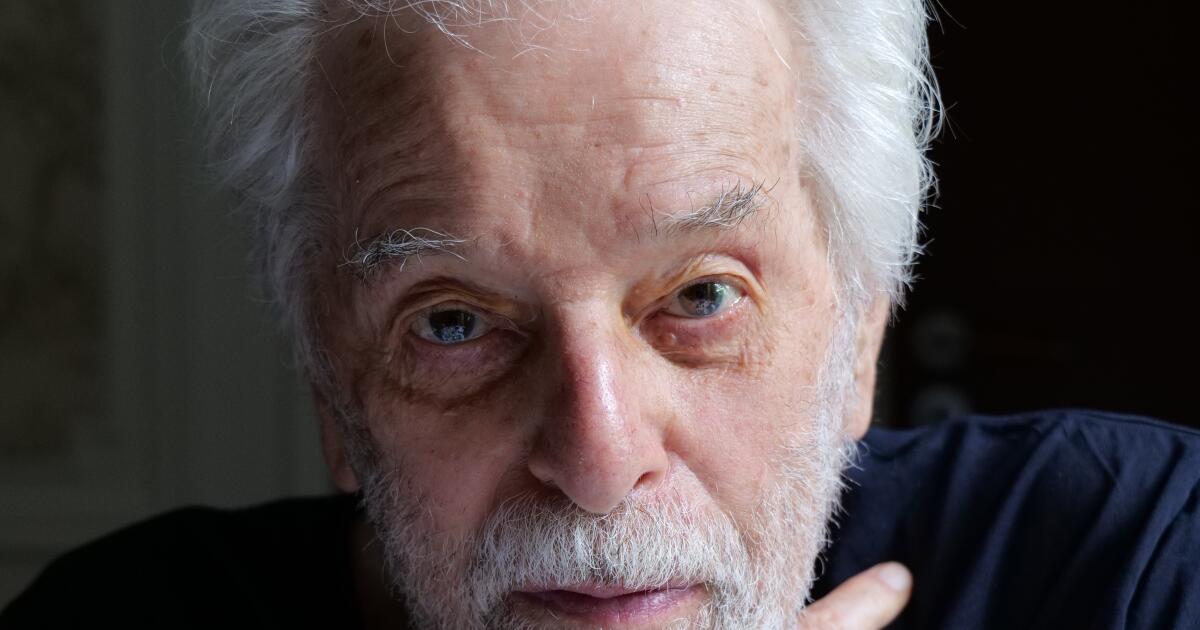With new leadership and more ambitious industry initiatives, the Los Angeles Latino International Film Festival has undergone an all-around expansion. This year’s event, which kicks off Wednesday and runs until Sunday, nearly doubled the number of feature films in its program. The 21 titles represent artists from across Latin America and the United States that reflect the scope of the complicated and loose concept of Latinidad, in languages that include Spanish (in its many dialects), English, Portuguese and even Mixtec.
To help you parse through the lineup, we’ve highlighted eight movies playing at LALIFF this weekend that we think offer uniquely compelling experiences.
About 30
For anyone who’s ever felt adrift or behind in life, this keenly observed and inventively structured Argentine tragicomedy mines dry humor from the absurdity of social norms and its protagonist’s downhearted demeanor. Martín Shanly writes, directs and stars in the lead role, portraying Arturo, a soft-spoken, lanky man in his 30s whose inability — or unwillingness — to take charge of his own life is as frustrating (for the supporting characters) as it’s endearingly relatable. Told by intercutting a wedding in March of 2020 with vignettes from the years that led up to Arturo’s streak of self-inflicted misfortunes, Shanly’s auspicious debut feature brilliantly taps into the anxious feeling of knowing you didn’t fulfill the expectations others had of you and lost yourself trying to get there.
Bionico’s Bachata
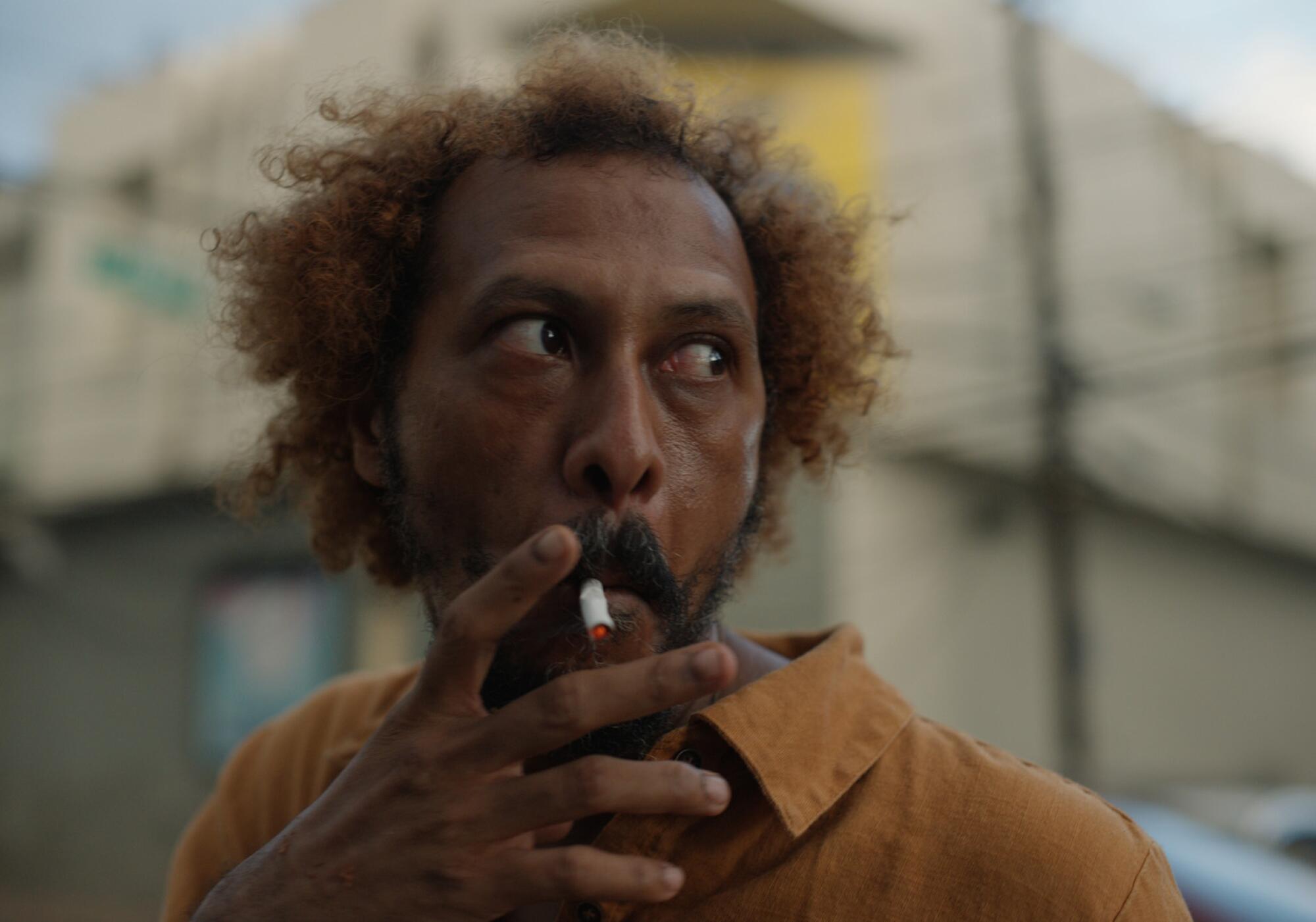
Bionico (Manuel Raposo), a charismatic outcast, finances his drug habit by doing odd jobs around his impoverished neighborhood in this rip-roaring, explicit and deliriously unpredictable Dominican mockumentary. Bionico’s girlfriend, La Flaca (Ana Minier), is about to be released from a rehab facility, and the protagonist has promised to get sober and become financially stable to provide for her. That’s easier said than done. In the company of his best friend Calvita (El Napa) and a plethora of other equally riotous characters, Bionico will try to change his ways. From its fantastical opening shot, this audaciously hilarious first feature from director Yoel Morales announces itself as an imaginative and nonjudgmental portrayal of marginalized characters.
Memories of a Burning Body
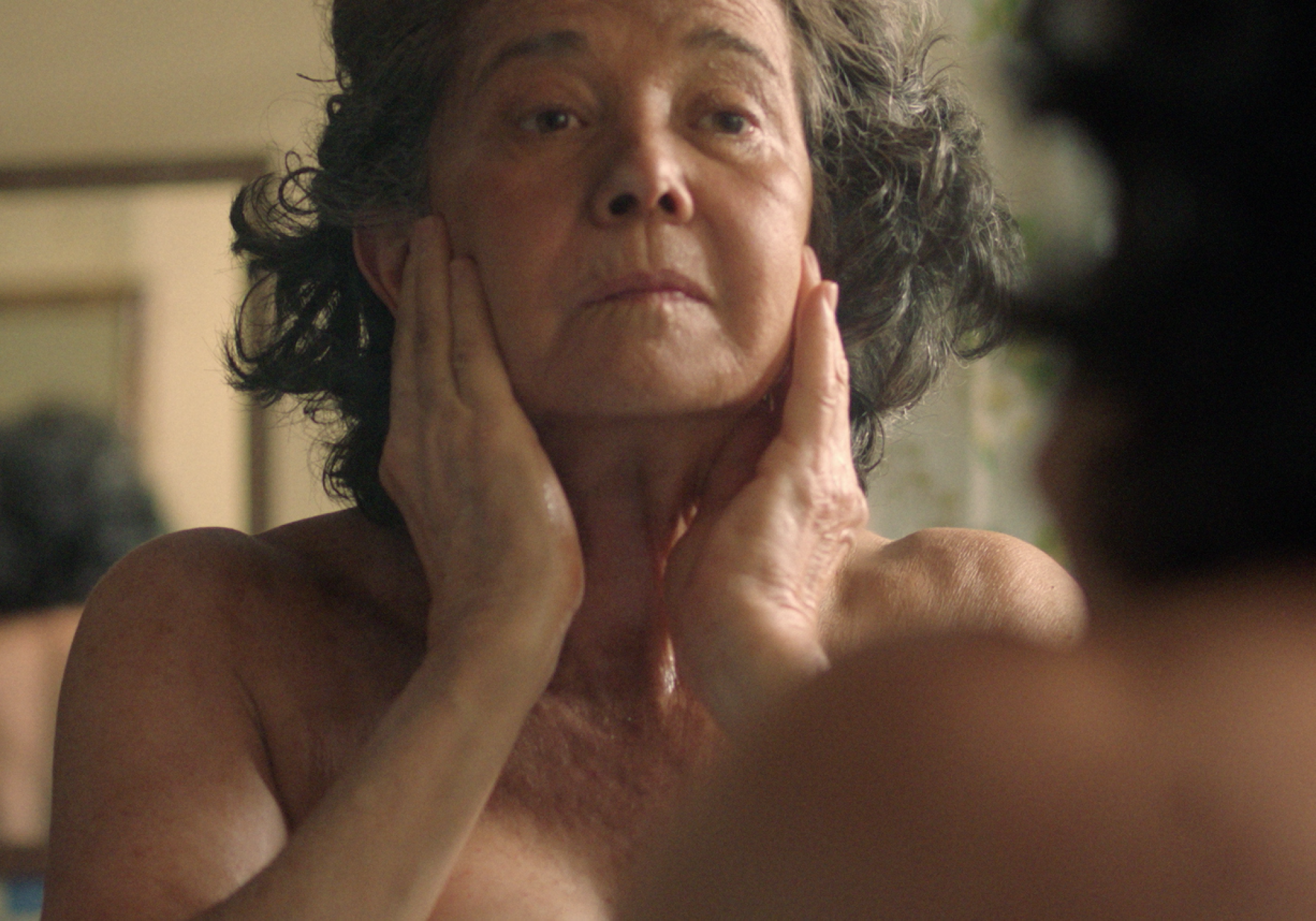
One actress embodies the stories of three elderly women in this artfully executed docufiction by Costa Rican director Antonella Sudasassi Furniss. Speaking candidly about their sexual awakening, their unfulfilled yearnings, the abuse they endured and the recognition that even now they long for touch, the subjects recall specific chapters throughout their lives that made them aware of the restrictions imposed on women in a patriarchal society. Their wants and needs were often secondary to those of the men around them. Empowered through the artifice of cinema, these memories exist once more in scripted vignettes that operate like a time machine for the subject to revisit them with the hindsight that only the passage of time can provide.
Rain
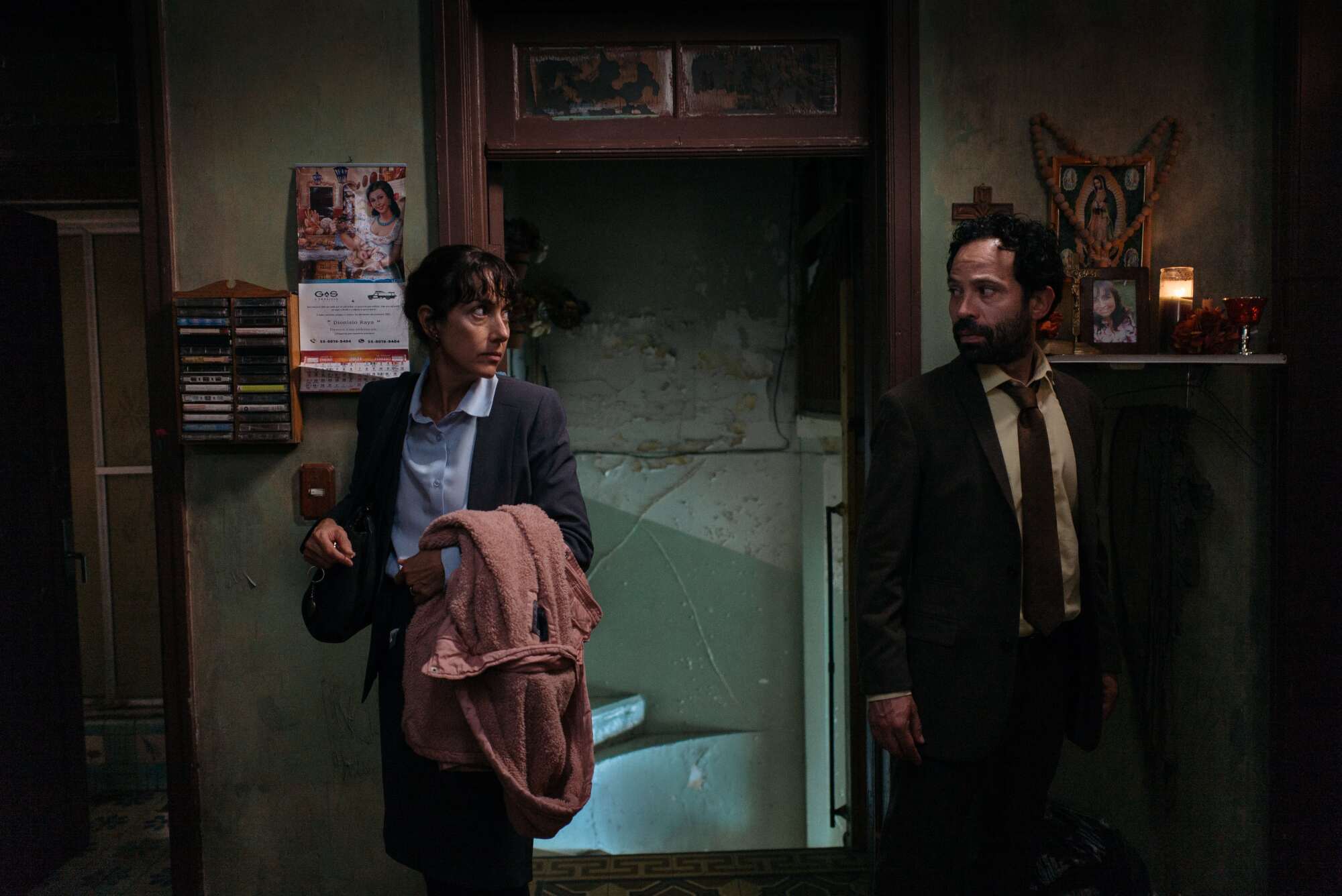
Under a ceaseless downpour, several stories intertwine over the course of one night in this stirring ensemble piece about everyday people in Mexico City. A taxi driver (Bruno Bichir) picks up a man going to a familiar address, a teacher (Arcelia Ramírez) reconnects with an old student and a couple (Cecilia Suárez, Mauricio Isaac) reconnect while helping a man in need. Making his feature debut, director Rodrigo García Sáiz captures the collective melancholy of the chaotic and drenched metropolis, which differs from the pristinely gentrified, digital nomad-paradise that some Americans have made it out to be. The characters, portrayed by some of Mexico’s most renowned actors, don’t live near postcard-friendly landmarks. They use public transit and lead unassuming yet dramatically rich lives.
Newsletter
You’re reading Latinx Files
Fidel Martinez delves into the latest stories that capture the multitudes within the American Latinx community.
You may occasionally receive promotional content from the Los Angeles Times.
The Strike
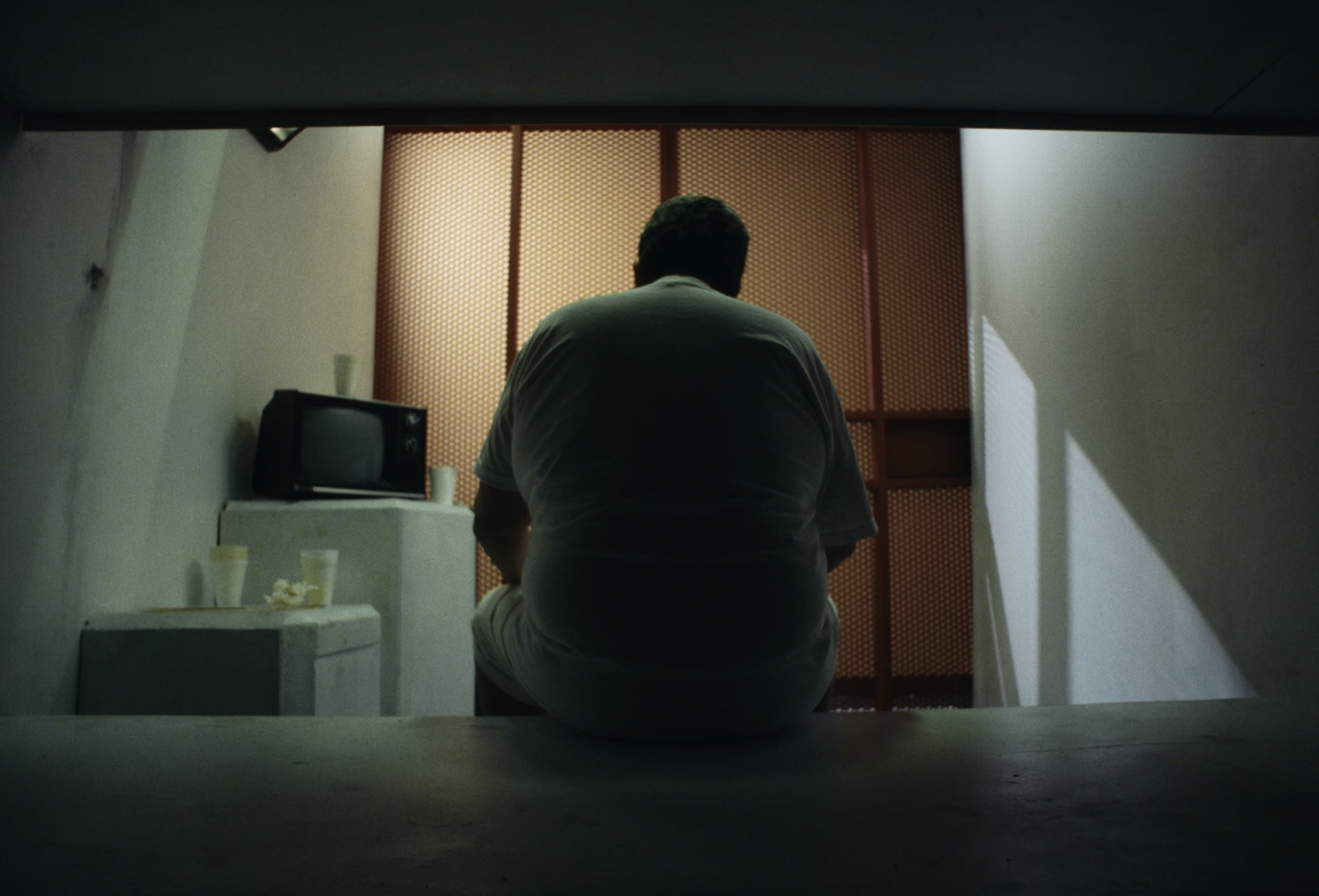
Not long ago, the windowless cells in the Pelican Bay State Prison in Northern California housed men placed in solitary confinement for years, some of them decades. It was “a prison within a prison,” as one of those former inmates describes it in this potent documentary from Mexican American filmmaker JoeBill Muñoz and co-director Lucas Guilkey. The use of inhumane isolation at the facility only came to an end when inmates organized, communicating via ingenious methods. Through the first-hand testimony of those who survived the ordeal, the film illuminates the built-in flaws of the prison system and how human spirit finds its way to freedom even in the most restricted of conditions.
The Unexpecteds
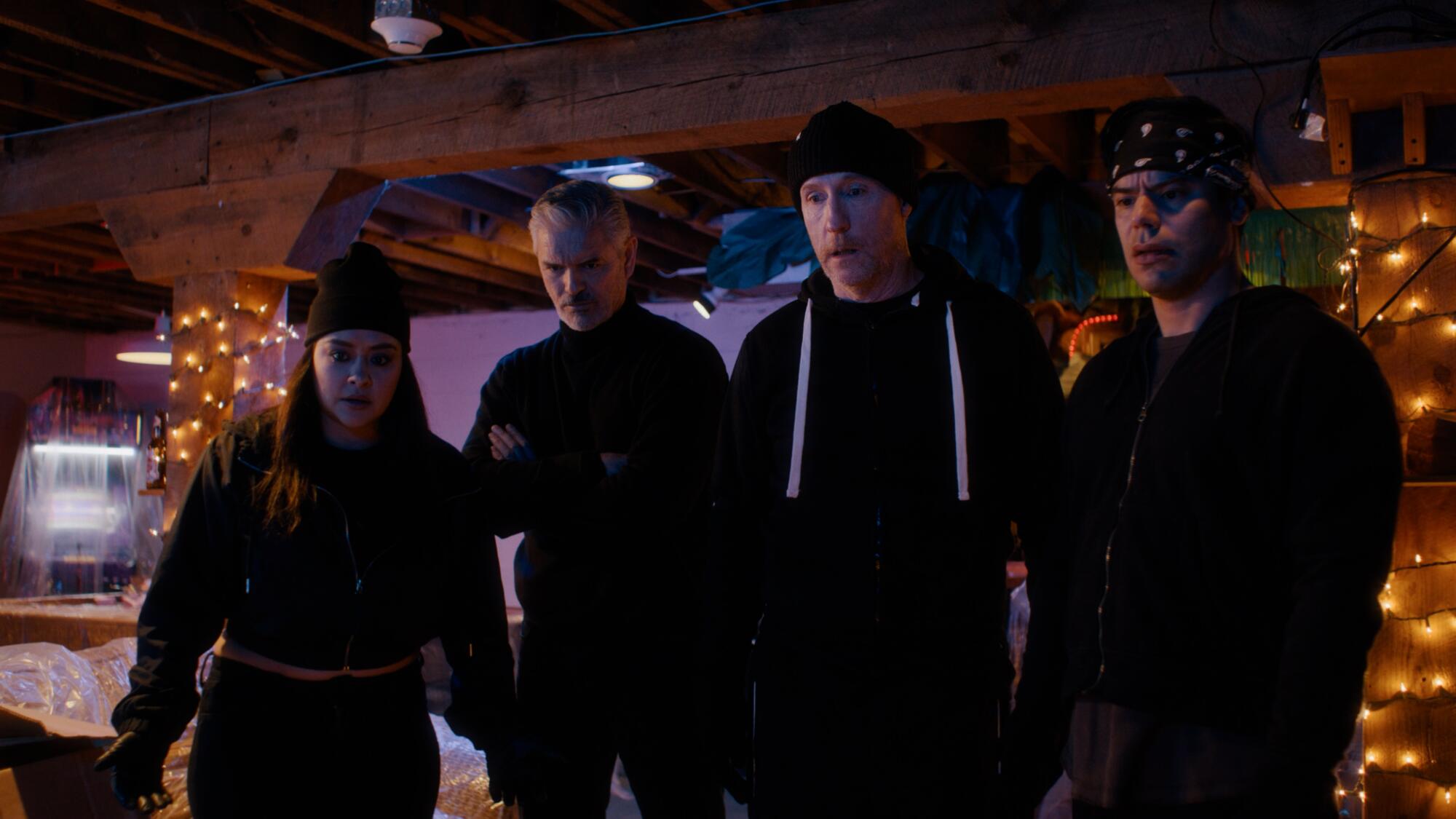
“Gentefied” actors Chelsea Rendon and Francisco Ramos play two members of a friend group that falls victim to a cryptocurrency scam. Their “leader,” Gary (comedian Matt Walsh) didn’t only lose money, but the respect of his wife and child. Their circumstances seem hopeless after willingly handing over their funds to Metal Mike (John Kaler), who serves as the pompous face of the fraudulent operation. That’s until Felipe (a suave Alejandro De Hoyos), the mysterious father of Ramos’ character, sets in motion a plan to get back what’s theirs, and maybe a little more. From prolific Mexican-born, U.S.-based writer-director Alejandro Montoya Marin, this enjoyable broad comedy with a timely thesis turns its average protagonists into amateur vigilantes risking it all to regain their hope for a better future.
Toll
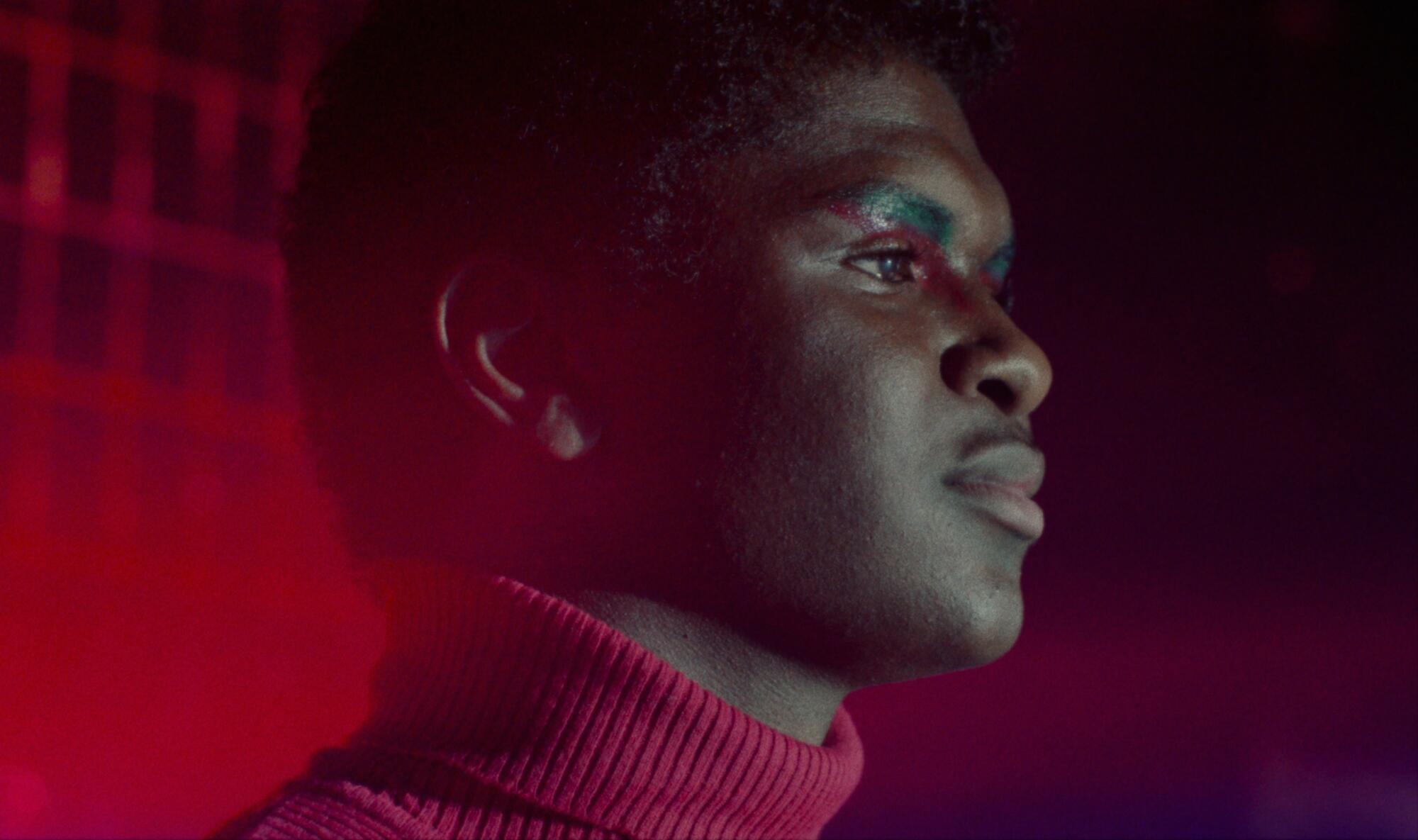
Last year, Brazilian writer-director Carolina Markowicz stunned LALIFF audiences with her slow-burning thriller “Charvoail.” She is back with another engrossing tale about morally dubious characters. Amid a smoky landscape of industrial factories, Suellen (Maeve Jinkings), an underpaid and overworked toll attendant and single mother, constantly feels the pressure of the religious hypocrisy around her. Rather than accept her teenage son’s sexual orientation, she decides to get involved in dangerous illegal activities to pay for a foreign priest to “cure” her child of what she sees as an affliction. Though she rationalizes her acts as doing the wrong thing for the right reason, the consequences will nevertheless catch up to her. Markowicz’s scorching writing about modern Brazil resonates like few other storytellers today in its complex, no-easy-answers incisiveness.
Valentina of the Serenity
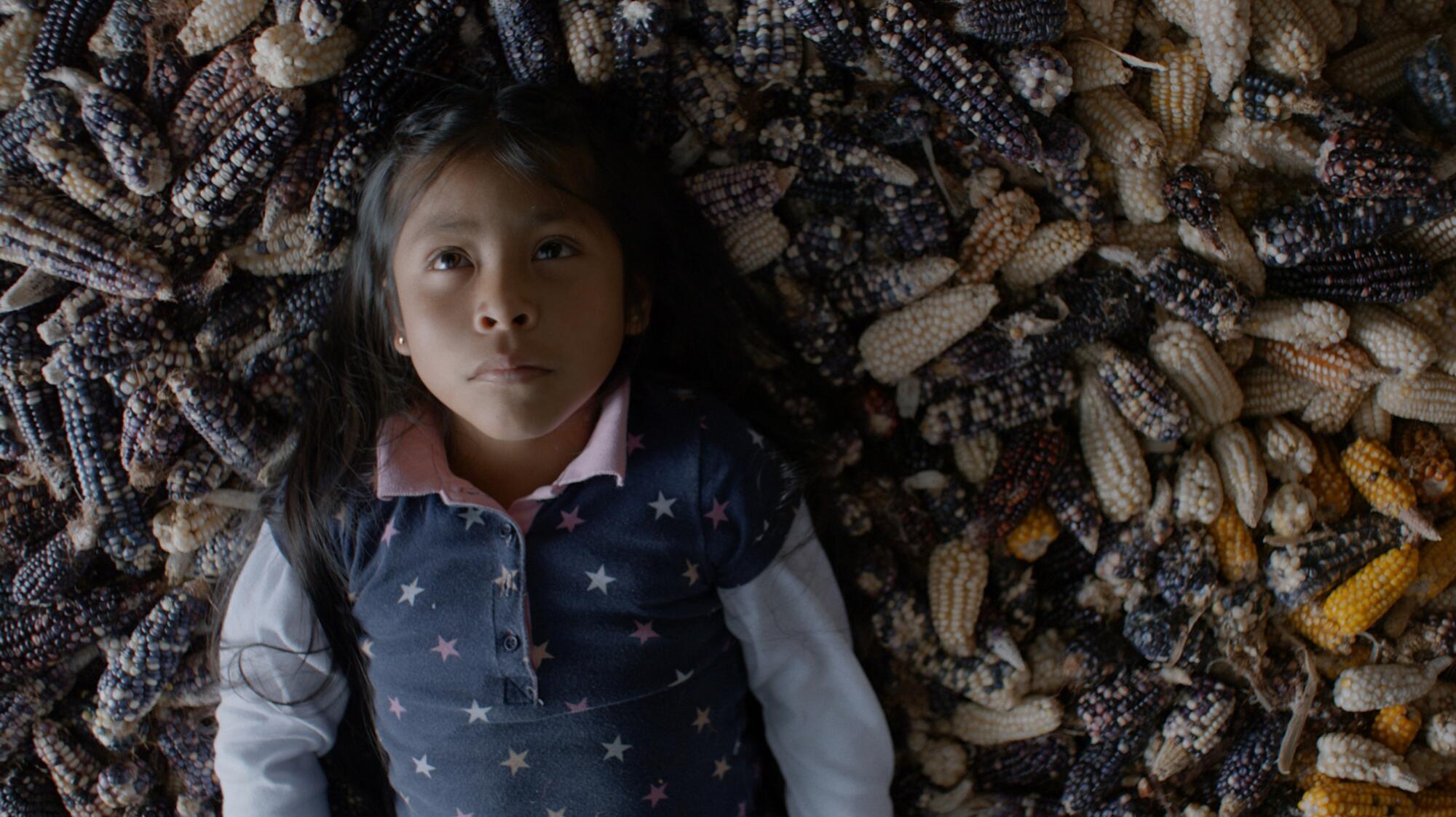
Mixtec filmmaker Ángeles Cruz returns — after her acclaimed drama “Nudo Mixteco” — with a radiant portrait of childhood laced with delicate touches of magical realism. Despite her young age, Valentina (Danae Ahuja Aparicio), an elementary schoolgirl in a rural Oaxacan community, has a strong-willed personality that often causes clashes with her mother. The vivacious kid refuses to accept that her father has died and claims she can hear his voice in the nearby river. The only issue is that from the hereafter dad only speaks to her in Mixtec, the native language of their community, which she never learned. The wondrous narrative hinges on Ahuja Aparicio’s remarkable performance composed of equal parts defiance and innocence as Valentina grapples with loss on her own terms.
The Los Angeles Times is a premier sponsor of the Los Angeles Latino International Film Festival.









